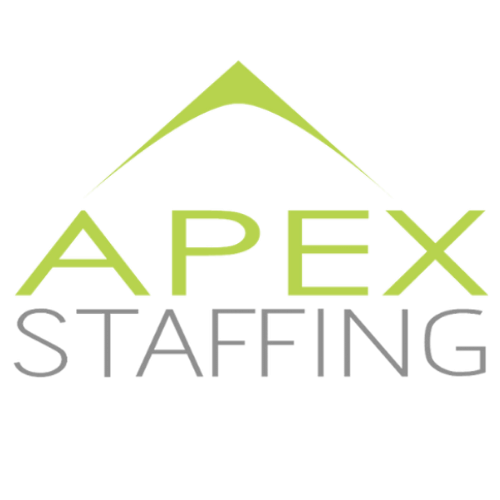The Most Common Interview Questions in 2021 – And How to Answer Them!

Congratulations on making it to the interview stage in your job hunt! Now that you’ve passed the first part of the screening process, it’s time to start practicing how to present your best self to the hiring manager. The best way to prepare is to practice out loud–no matter how silly it may feel!
To help you out, we’ve gathered the most popular interview questions of 2021 so far, along with advice about how to answer them. Although no two job interviews will be exactly the same, many of these questions are general enough that you’ll be able to adapt the answers no matter how they’re phrased.
1. Tell Me a Little More About Yourself
While this isn’t exactly a question, it’s an open-ended invitation meant to help the interviewer learn more about you as a person. The danger with this question for many interviewees is that with such a broad range of possible answers, it can cause you to freeze up.
Before you launch into your whole life story, or start offering too many irrelevant details, take a deep breath. Instead of rambling, prepare ahead of time by developing your “Elevator Pitch.” An elevator pitch is a sales term that means, “Convince me before I get off on the next floor.” So you need to be persuasive, memorable, and brief.
A great way to format your answer to this is to scan over your education, your work history, and your passions. Then give a brief explanation for why you think you’re a great fit in this position. For example:
“Well, I got my degree in graphic design from the University of Chicago. Since then, I’ve worked for two major corporations as a corporate designer, and for a small sticker shop based out of L.A. That really allowed me to push my creative boundaries. I learned that I love working closely with small teams and seeing projects through to the end. That’s one of the reasons I was so drawn to this company–the culture of long-term project work and micro teams.”
2. What Are Your Greatest Strengths/Weaknesses?
This is a cliched and classic interview question. But the reason it’s so popular is because you can learn a lot about people from their answers. Not just what their actual strengths and weaknesses are, but how they see themselves, how self-aware they are, and how well they communicate under pressure.
It’s also a chance for you to emphasize your skills and stand out from other candidates! While it can be tempting to tell your future employer what they want to hear, be as honest as possible when you answer. People connect with genuine emotions and responses and it helps you stand out from the generic, “I’m such a perfectionist, I never know when to stop working,” answers. Instead, try something like, “I’m not a morning person, so it may take an hour or two for me to warm up. But that’s what my coffee is for!” Relatable, honest, not TMI.
Make sure that you do your research on the job position and include the information in your answers. For instance, if you see that they value teamwork, try something like, “I have excellent interpersonal communication skills. I really value the input of other people and I’m happiest when I’m working as part of a close-knit team.”
3. Why Do You Want to Work Here?
This is a great question, but it often catches interviewees unaware. It’s okay if the real answer is, “Because I need a job to pay my bills and you called me back!” But you cannot say that to a hiring manager. This is your chance to prove that you’ve done your research and that you’d be a good fit for the culture.
Make sure you understand the company mission, the values they hold, and the full job description. For most companies, you can find this information on their website or social media. Work that information into your response.
For instance:
“As someone who’s been in the communications field for ten years now, I really value your company’s dedication to quality broadcasting. I’m a stickler for the truth, and I love that you value integrity in your reporting so highly. After studying the job description and responsibilities for the role, I really feel like my skills are a great fit. I’ve been looking for a new challenge, and this opportunity is really exciting to me.”
You can adapt this approach to any field and job description. Just make sure you do your homework on the company you’re interviewing with!
4. Why Are You Leaving Your Current Job?
This can be a tricky one. But that means it’s extra important to prepare an answer! Even if you’re working in truly toxic conditions, it’s important to keep your response positive. Do not pour out every gruesome detail about why you’re leaving. It feels gossipy and makes people uncomfortable.
Instead, focus on future possibilities and stick to the facts.
“I’m currently in a customer-facing role, but my passion is more behind the scenes in production.”
“I want to see a project through from beginning to end and I know I’d get that opportunity here.”
“I’m ready for the challenge of a managerial role, and I’ve gone as far as I can in my current company.”
And if you were fired from your last position? Be honest and brief.
“Unfortunately, my position was eliminated.”
“I was let go due to company redundancies.”
If you’re looking for a full-time position in Little Rock or the central Arkansas area, Apex Staffing can help. We place quality candidates with the state’s best employers. Contact us at (501) 801-7626 for more information!
